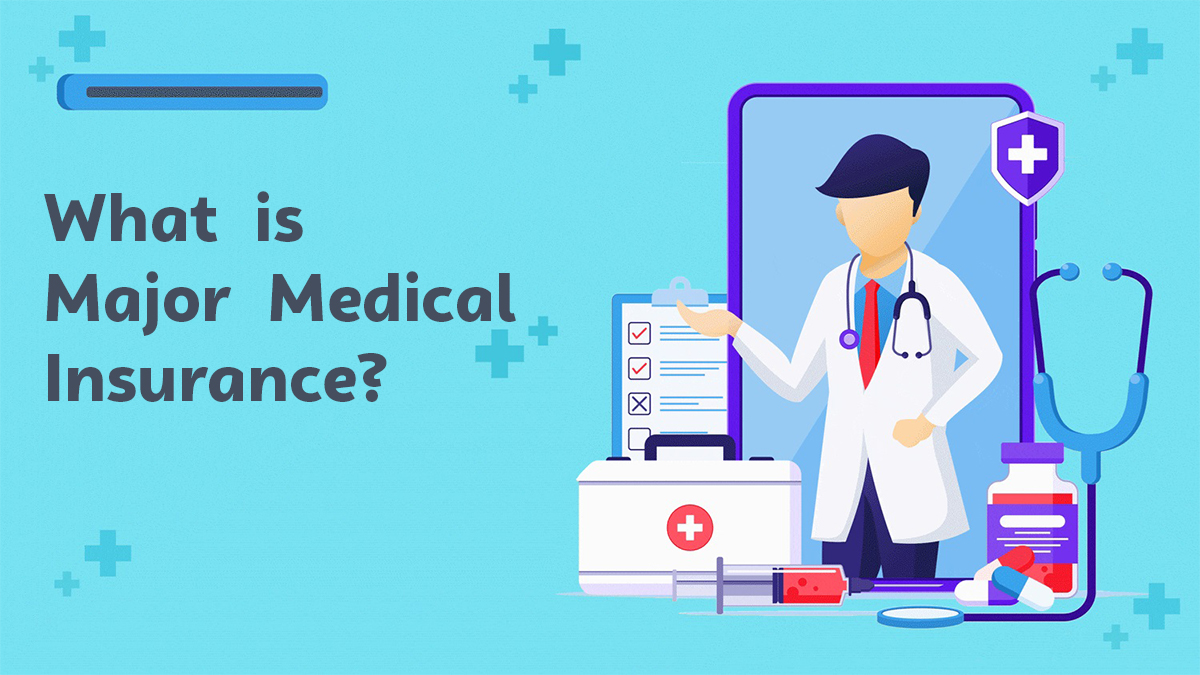General liability insurance is a crucial protection for small businesses, covering various unforeseen issues. It safeguards against accidents such as paint spills, customer injuries, and lawsuits for reputational harm caused by statements from you or your employees.

While coverage extends to common risks like injury, property damage, and reputational harm, specific situations may require additional types of insurance.
Therefore, businesses should carefully assess their unique risks and consider supplementary insurance policies to ensure comprehensive protection across various scenarios.
What is General Liability Insurance?
General liability insurance, also referred to as small business insurance, provides coverage for accidental injuries and property damage caused to others by your business. Beyond that, it extends protection to address issues like advertising injury, copyright infringement, and reputational harm.
These claims may arise from your company’s products, services, or operations. Additionally, the absence of general liability insurance may expose your business to financial strain from claims, risking income impact or even bankruptcy.
Types of General Liability Insurance
There are various types of general liability insurance coverage, each designed to protect businesses from different risks. Here are some common types:
Commercial Auto Insurance
Commercial auto insurance’s liability part covers accidental injuries and property damage caused by the use of work vehicles by you or your employees.
However, it’s important to understand that personal car insurance usually doesn’t cover business use of a vehicle.
So, if you or your employees use vehicles for work, having commercial auto insurance is essential to make sure you have enough coverage for liabilities in case of accidents.
Commercial Umbrella Insurance
Going beyond the limits of liability in your current insurance plans, commercial umbrella insurance adds an extra layer of protection.
If a claim exceeds your general liability limits, this coverage kicks in to handle the additional amount you are responsible for paying to another party.
Cyber Liability Insurance
This insurance protects small businesses from online attacks that could expose important information like credit cards or health records. It’s like a safety net, helping cover the costs if there’s a security breach.
Professional Liability Insurance (Errors and Omissions Insurance)
Protecting small businesses from claims due to mistakes in professional services, like giving wrong advice or negligence, professional liability insurance gives essential protection.
Also called errors and omissions insurance, it acts as a shield against the financial consequences of these kinds of errors.
Product Liability Insurance
Product liability insurance provides coverage for injuries and property damage caused by issues like design flaws, insufficient warnings, manufacturing defects, or marketing problems.
If your small business is involved in creating, selling, manufacturing, or distributing products, this insurance protects you from potential liabilities related to these aspects.
Workers Compensation Insurance
Workers’ compensation insurance covers medical bills and part of lost wages for job-related illnesses or injuries.
It also includes additional expenses, such as disability, death benefits, and ongoing care like physical therapy.
This insurance offers thorough protection for employees involved in work-related incidents. Choosing the right combination of these liability insurance types is crucial for ensuring comprehensive protection against various potential risks for your small business.
What Do I Need General Liability Insurance For?
General liability insurance is crucial for small businesses, but it might not be enough to handle the varied financial challenges they could encounter.
To ensure comprehensive coverage, it’s advisable to incorporate additional insurance types to protect against risks like fire, theft, vandalism and lost business income.
Begin with a Business Owners Policy (BOP), merging general liability, commercial property, and business interruption insurance for a comprehensive protection framework.
Furthermore, customizing your insurance portfolio is possible by adding specific types of coverage tailored to your business needs.
For instance, if your business involves the use of vehicles for work purposes, you can enhance your coverage by including commercial auto insurance.
This proactive approach ensures that your insurance strategy aligns precisely with the unique requirements of your company.
What Does General Liability Insurance Cover?
General liability insurance provides crucial coverage for a range of potential claims that a business might face, encompassing bodily injury, property damage, copyright infringement, reputational harm, and advertising injury.
Bodily Injury Claims
It often arises from incidents like customer falls at your business premises, which are a common scenario covered by general liability insurance. The policy would take care of the medical costs associated with such injuries.
Property Damage
Its claims are another aspect of liability coverage, addressing situations where your business may be held legally responsible for damage to someone else’s property.
This could include damage occurring during business-related visits to clients’ homes or other properties.
Copyright Infringement
These claims may surface if your business is accused of using someone else’s work in advertisements or other marketing materials without proper permission.
Reputational Harm
This coverage steps in when statements made by your business negatively impact another company, especially in situations like interviews with news outlets.
Advertising Injury
Its coverage addresses instances where your business defames another person, business owner, or company, protecting legal repercussions in such situations.
Overall, this insurance policy serves as a comprehensive shield against a variety of potential liabilities that could affect your business.
What Does General Liability Insurance Not Cover
General liability insurance offers comprehensive coverage, but it doesn’t extend to specific scenarios. Exclusions from general liability insurance include business auto accidents, employee injuries, property damage, professional service errors, claims exceeding policy limits, and illicit actions.
To address these situations, diverse forms of business insurance are essential:
Employee Injuries and Illnesses
To safeguard against employee injuries and illnesses, acquiring workers’ compensation insurance is imperative.
Typically, this coverage safeguards your financial security in cases of injuries or illnesses suffered by your employees while performing their work.
Auto Accidents
For financial protection in business-related auto accidents, acquiring commercial auto insurance is essential, particularly if you own the involved vehicle.
Additionally, for personal or rented cars used for work purposes, a hired or non-owned auto insurance policy provides the necessary coverage.
This ensures comprehensive protection in the event of accidents, whether they involve owned business vehicles or personal or rented cars used for work-related activities.
Professional Mistakes
To address professional mistakes made during your work, it is crucial to have an errors and omissions insurance (E&O) policy in place.
Professional liability insurance, also called errors and omissions insurance, provides financial protection when errors or mistakes happen in delivering professional services.
Having an E&O policy is instrumental in mitigating the potential financial consequences associated with professional errors.
Theft And Damage to Business Property
When it comes to safeguarding against theft and damage to your business property, it’s important to note that general liability insurance falls short.
Specifically, this type of insurance won’t provide coverage for your business equipment or property in cases of theft or damage.
It’s important to note that insurance doesn’t apply to intentional acts, like tossing a computer out of a window.
Additionally, general liability insurance won’t assist in cases of deliberate illegal acts or misconduct by you or your employees.
How Much Does General Liability Insurance Cost?
On average, general liability insurance costs around $42 per month. Notably, 29% of small business clients pay less than $30 monthly for coverage.
The actual cost is influenced by factors like business size, industry, location, and the desired coverage amount. Tailoring the insurance limits to your specific needs is a practical way to manage costs effectively.
Many businesses choose a business owner’s policy for a streamlined and cost-effective solution, combining both general liability and business property insurance.
However, if preferred, general liability insurance can be purchased independently to address specific coverage requirements.
How Much General Liability Insurance Do I Need?
A common choice for many small businesses is to select standard coverage amounts for their general liability insurance. This typically includes coverage of $1 million per occurrence and a $2 million aggregate policy limit.
Essentially, the insurance covers up to $1 million for a single claim, with a yearly cap of $2 million for all claims. This coverage structure helps small businesses effectively manage their risks within a defined budgetary framework.



